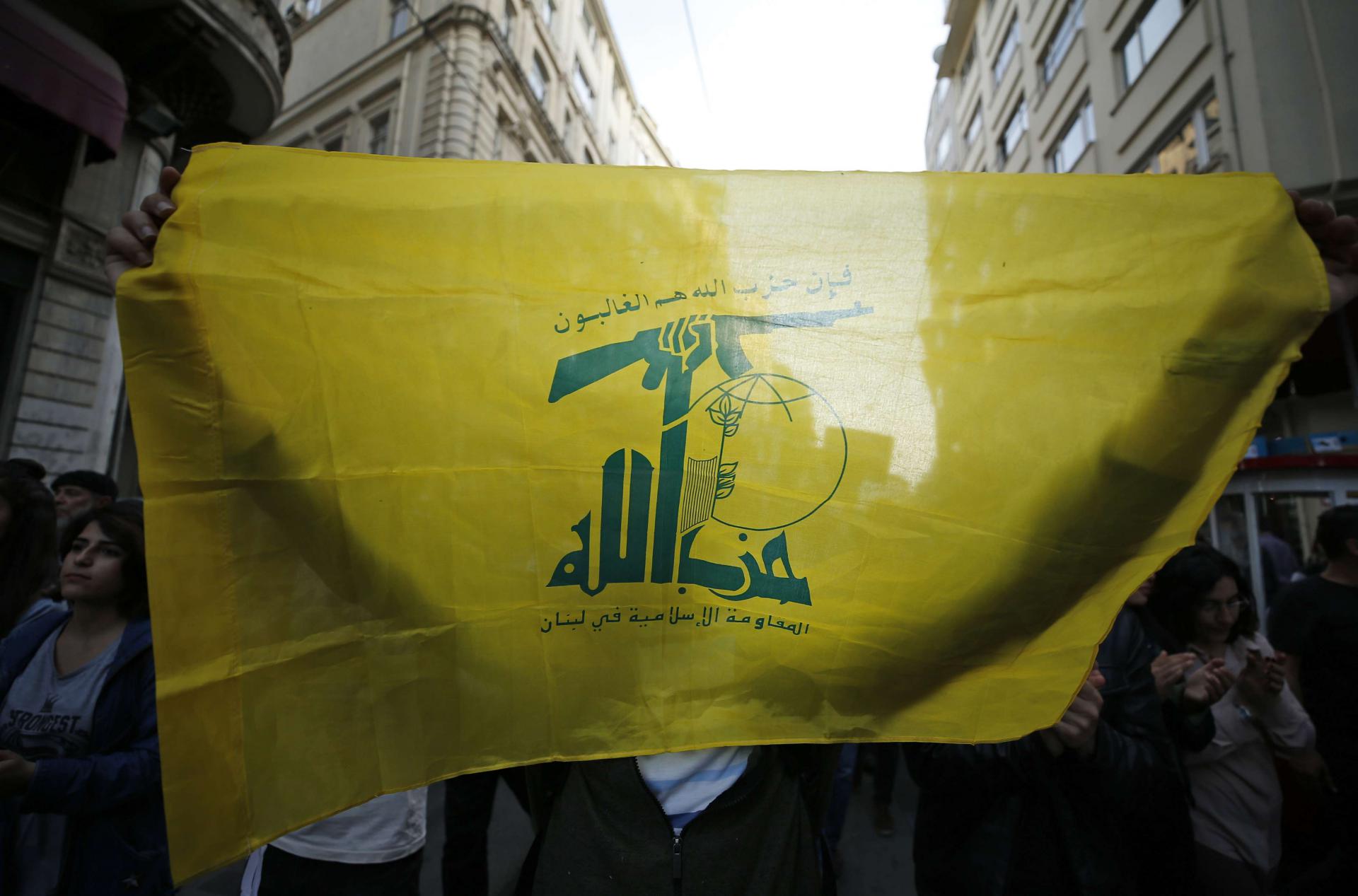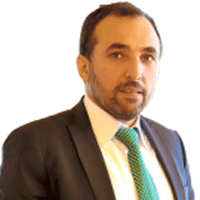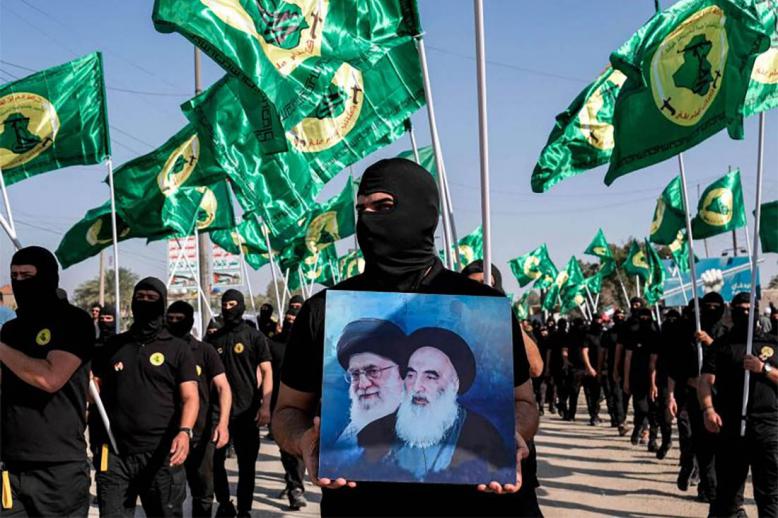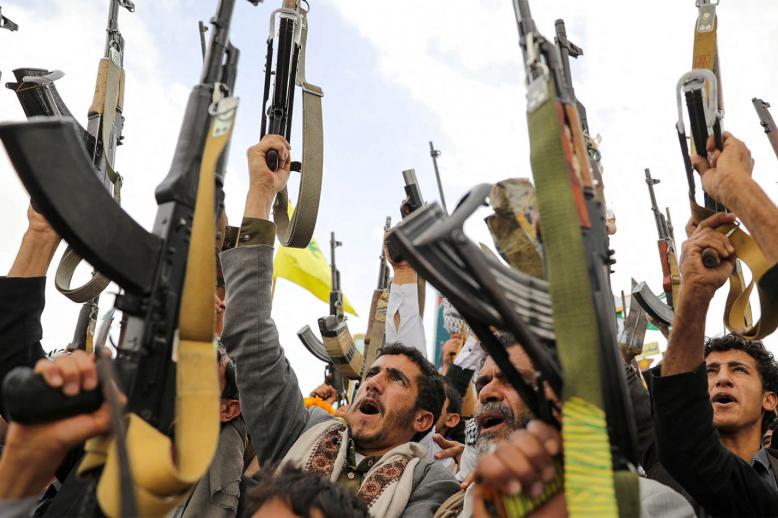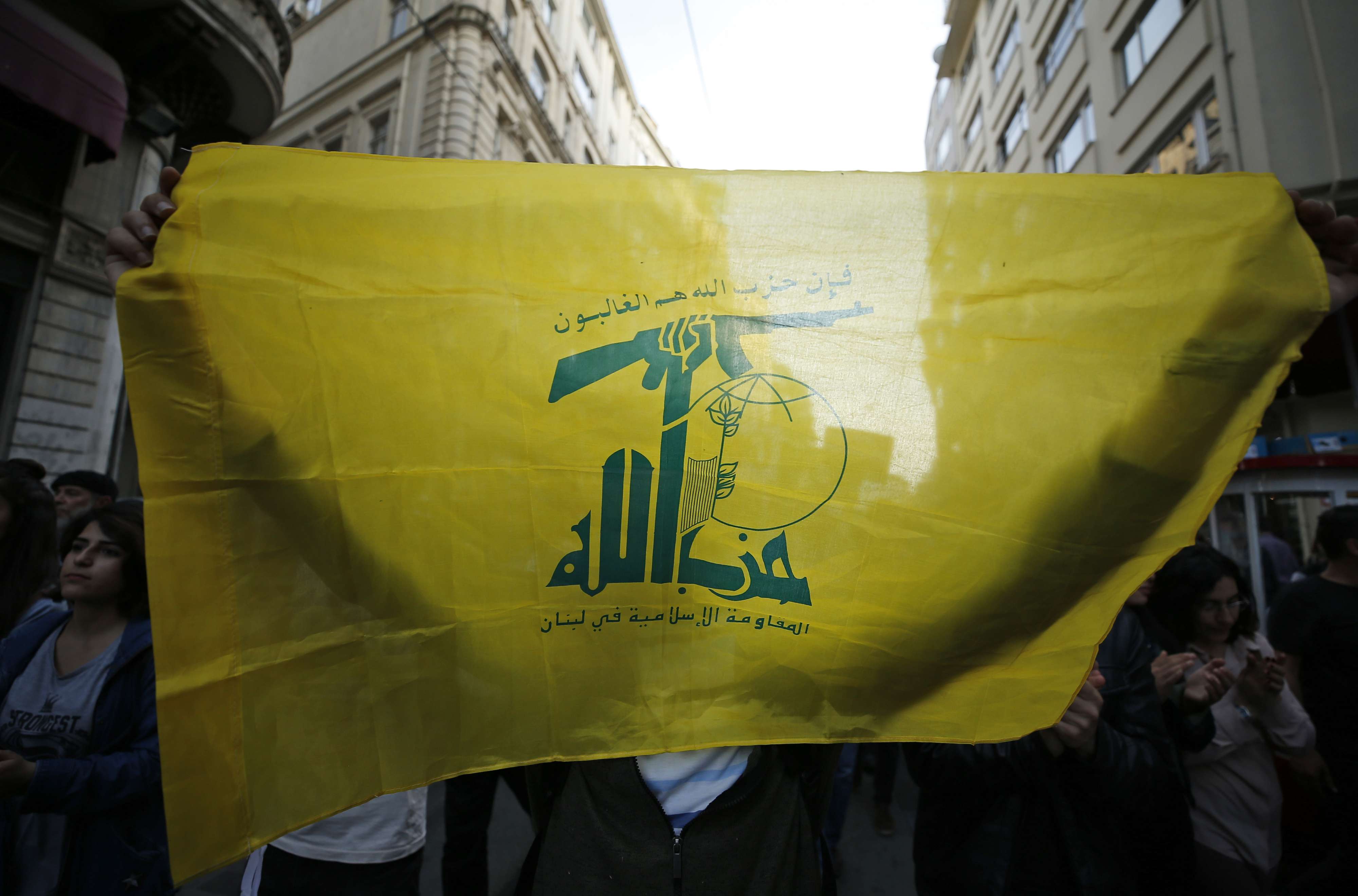Lebanon cannot live outside its Arab environment
BEIRUT - The Lebanese identity is starting to change and this has been confirmed to a large extent by the recent general elections. Lebanon is moving away from its Arab Lebanese identity, whose main characteristic is political and social pluralism and diversity, to a new identity totally cut off from and hostile to its geopolitical environment. The main characteristic of this new identity is its refusal of any political diversity in spite of an apparent formal diversity that has no impact on political life in Lebanon and certainly no political weight in its relations with its Arab environment.
The one-party view and total control of state and public life are two aspects that are in direct contradiction with Lebanon’s identity and special characteristics. Pluralism and diversity have always been the primary factors behind tremendous political and social vitality in Lebanon, the main source of freedom, the foundation of a vibrant and diversified media scene, the engine of a vigorous economy and a magnet for foreign investment.
The crises uncovered by the recent general elections demonstrate that Lebanon is no longer capable of resisting the siege it is subjected to. Lebanon seems ready to give in to the iron grip squeezing the throat of the state and the country. As the Lebanese deal with the increasing crises inside the state institutions, the only exit made available to them is getting even more mired in these crises.
As the central authority in Lebanon grows weaker, the logic of mini-states inside the state takes root in Lebanese politics. With the growing decline in economic and social vitality, the logic of “my way or the highway” takes over and people give in to control and thus offer more leeway for parties and militias to take over public life. When Lebanon gives in to foreign meddling, it signs its own death warrant because it cannot exist without its exceptional ties to its Arab and Gulf environments.
Lebanon is part of the Arab world and its Arab dimension is a determining factor for its existence. Lebanon’s Arab identity cannot be taken as a momentary whim that can be changed. It is a deeply ingrained truth that finds expression on all levels in politics, culture and economy. It is part of Lebanon’s national identity and cannot simply be swept aside.
What’s going on in Lebanon today is suicidal. The country seems to have surrendered to the push of identity shift. This current towards uprooting Lebanon from its historic Arab environment and then isolating it mimics to a large extent the ideology behind a 'Jewish state' in its Israeli version. Israel was founded on and still lives by the idea of existing in a hostile environment. The survival of this entity crucially relies on a constant strategy of insulating itself from its environment and even showing intense animosity to this environment.
It survives also on a culture of fearing and threatening this environment. It is, in fact, this very ideology and strategy of being in constant conflict with its environment that allows it to exact international support and protection and to continue to play a proxy role for all sorts and forms of colonisation activities in the region as long as its existence in the Arab region is guaranteed.
Whether knowingly or unknowingly, the Israeli model is being played out in Lebanon. It is a model based on driving a wedge between the country and its Arab environment and on planting the seeds of fear and hatred for the other. The political discourse we hear in Lebanon today is hegemonic and aggressive. It is trying to force the Lebanese to accept the idea that their real enemy and source of threat in the region is the Arab countries; in other words, all those countries that beg to differ with Iranian policies in the region. Such intimidation is not limited to speeches. There are sustained efforts to spread this ideology and domesticate any opposition to it.
Perhaps the most dangerous result of the Lebanese general elections is the emergence and confirmation of the culture of animosity and fear. This new culture has found its way to the state institutions. The state no longer cares about the national conditions for its very existence and has become more concerned with going along with Iran’s regional and international interests.
This is not true of all Lebanese of course but the overall attitude of giving up and giving in to the Iranian equation indicates that the Israeli model, with all of its arrogance, shapes Lebanon’s new political, cultural and psychological identity. Lebanon’s future is going to depend on preserving the status quo with Israel on the one hand and becoming completely isolated from its Arab environment on the other.
The problem with the fate reserved for Lebanon is that it won’t work. The so-called Axis of Resistance, which is now in control of state institutions in Lebanon, will not, in the end, be able to go against history. Neither Iran nor Israel will be able to guarantee Lebanon’s survival outside the framework of Lebanon’s national interests. Historical facts are indeed tenacious. Each time Lebanon has tried to distance itself from its Arab environment in the past, it has ended up being unsustainable. With every Iranian victory inside Lebanon, Lebanon regressed politically and economically.
In short, the model Iran envisions for Lebanon with Western and Israeli connivance is based on colliding with Lebanon’s Arab environment. That model will not be able to survive because it is anti-Lebanese by being anti-freedom and anti-pluralism.
This article was originally published in The Arab Weekly.

